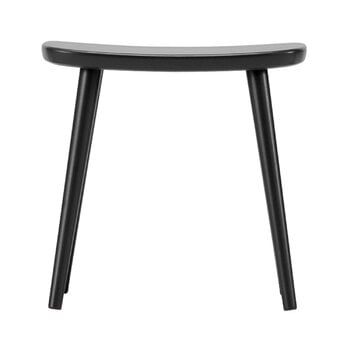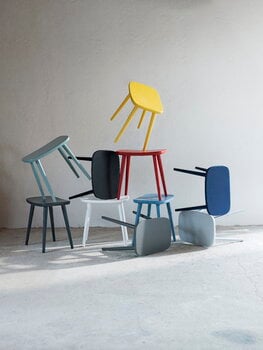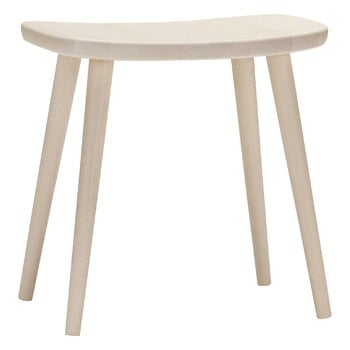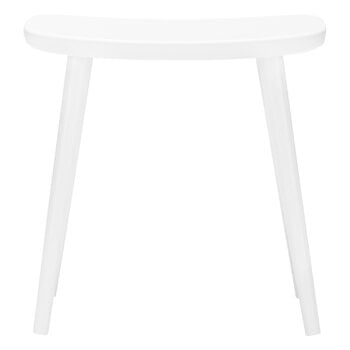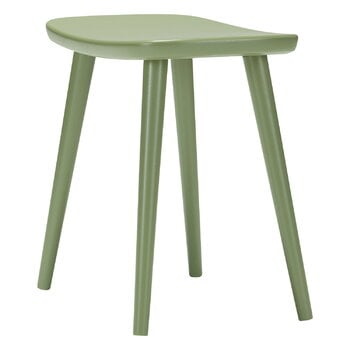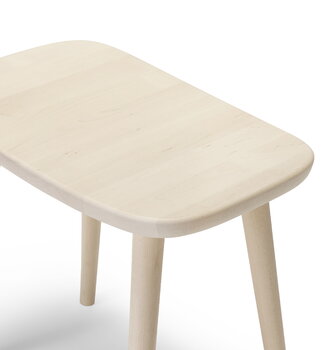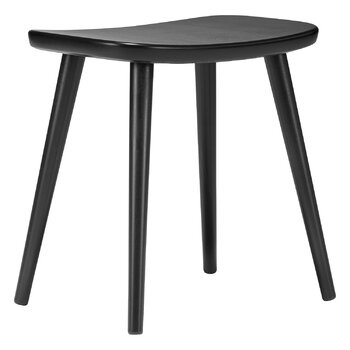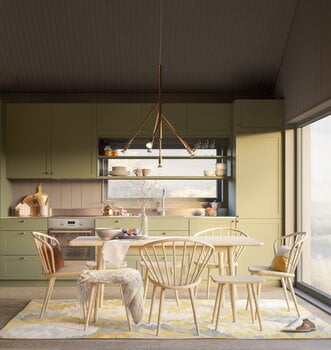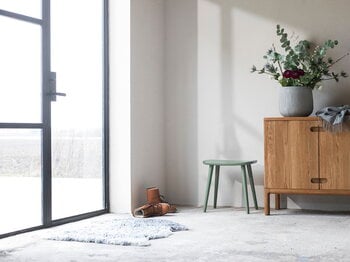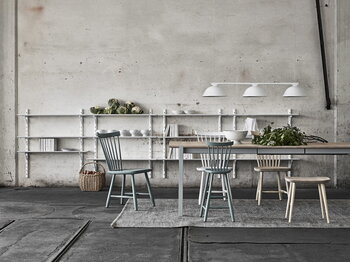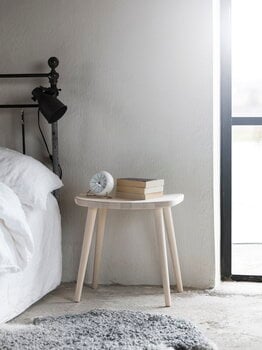Stolab's Palle stool exudes functional minimalism typical of the 1950s. The stool, designed by Yngve Ekström, is made of solid birch, which makes the stool a sturdy and durable assistant for many a need: Palle acts both as an additional seat and as a step stool when trying to reach high kitchen cabinets, for example. The stool is delivered flat-packed, and its legs are easy to secure in place completely without tools. The Palle stool is manufactured at Stolab's own factory in Sweden.
Palle stool
Stolab
Description
Stolab's Palle stool exudes functional minimalism typical of the 1950s. The stool, designed by Yngve Ekström, is made of solid birch, which makes the stool a sturdy and durable assistant for many a need: Palle acts both as an additional seat and as a step stool when trying to reach high kitchen cabinets, for example. The stool is delivered flat-packed, and its legs are easy to secure in place completely without tools. The Palle stool is manufactured at Stolab's own factory in Sweden.
Product details (5)
- Colour
- Black, white, bright matt lacquered birch, dark green or light green
- Width
- 45 cm
- Depth
- 31 cm
- Height
- 44 cm
- Material
- Birch
- Product ID
Designer
Yngve Ekström (1913–1988) was a Swedish architect, designer and co-founder of the furniture brand Swedese. His best-known design is the Lamino chair designed for Swedese in 1956. In addition to his own company, Ekström designed furniture for Stolab and other Swedish manufacturers.
View all productsReviews (1)
5
Based on 1 reviews
-
A
An B
Lanaken, Belgium
We fight to be allowed to sit on the "Palle stool". The wood is beautyfully finished. I like also the matte varnisch.
74 days ago
Sustainability
The Product Sustainability Framework, our criteria of sustainable design, helps you find the most sustainable products in our selection. Read below which sustainability criteria this product has met.
Working conditions & labour 6/9
-
Equal opportunities for all employees
-
Commitment to UN Global Compact, fair compensation for all employees
-
Corporate responsibility requirements defined and communicated for suppliers
-
Systematic work for improved inclusion and well-being in the workplace
-
Transparent supply chain
-
Suppliers' compliance to a code of conduct ensured
-
Direct suppliers audited and certified
-
Compliance to the UN Guiding Principles on Business and Human Rights ensured in the supply chain
-
Support for community involvement in the supply chain
Eco-friendly production 6/9
-
Fair and resource-wise water-use in production
-
No incineration or landfilling of returned items
-
No use of endangered species as materials
-
No direct environmental emissions or waste (excl. GHGs) from production
-
The sustainability of direct suppliers' production is addressed and monitored
-
Production and material sourcing that respect biodiversity, animal rights, and natural ecosystems
-
Material-efficient and ecological packaging
-
Positive impact on nature’s well-being through operations that regenerate natural ecosystems
-
No potentially harmful chemicals used in own production
Climate impact 3/8
-
Company's direct greenhouse gas emissions identified and commitment to reduction
-
Product's carbon impact identified and commitment to reduction
-
Guidance on energy- and eco-efficient use of the product
-
Contribution to climate initiatives beyond the brand’s direct operations
-
Low-carbon or compensated transportation
-
Carbon footprint of the product calculated and goals set to reduce it
-
100 % renewable energy in own production and operations
-
Carbon neutral or carbon negative product
Sustainable materials 5/6
-
Sustainable and long-lasting material choices
-
No harmful or hazardous substances
-
Responsible raw material sourcing and production
-
Materials suited for circularity: monomaterials, recyclable finishings, renewable or recycled contents etc.
-
Ecological materials: natural, biodegradable, recyclable or recycled contents
-
Outstanding materials in terms of innovativeness, responsibility, sustainability and circularity: local production or sourcing, 100 % recycled content, C2C-certification etc.
Circular design 2/5
-
High aesthetic quality promoting long-term use of the product
-
Technically durable product design and material choices
-
Design for enduring life-long quality
-
Design and support for product maintenance, repair and upgradability
-
Innovative circular design solutions: circular service system, resale platform, remanufacturing, collection of used products, etc.
